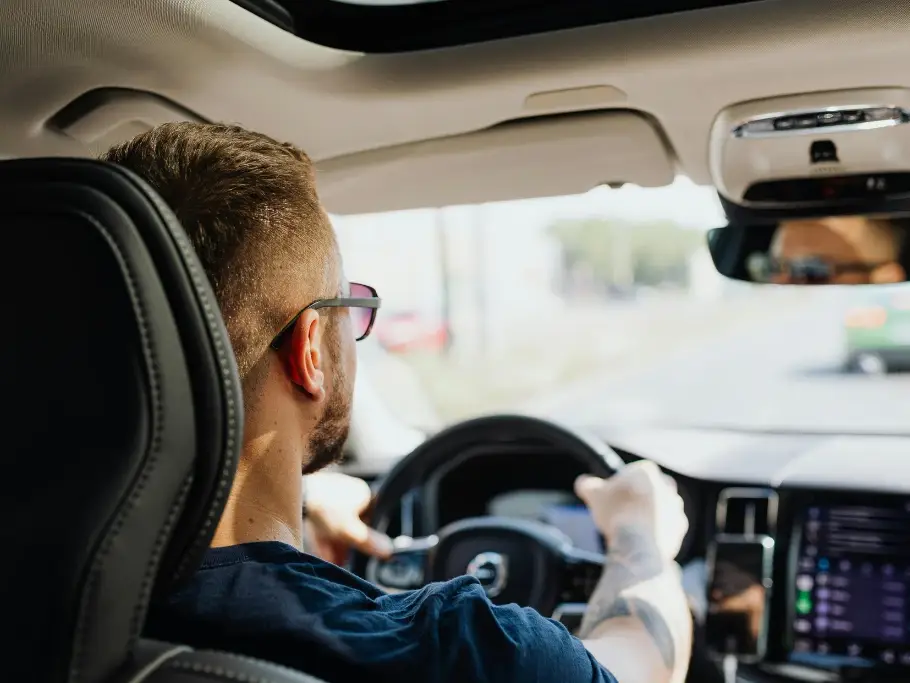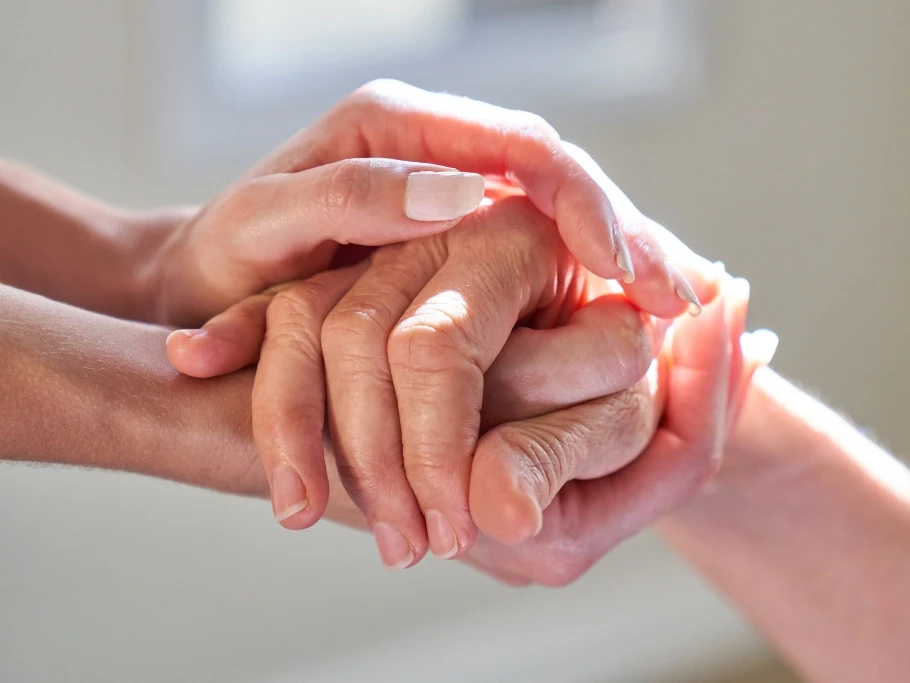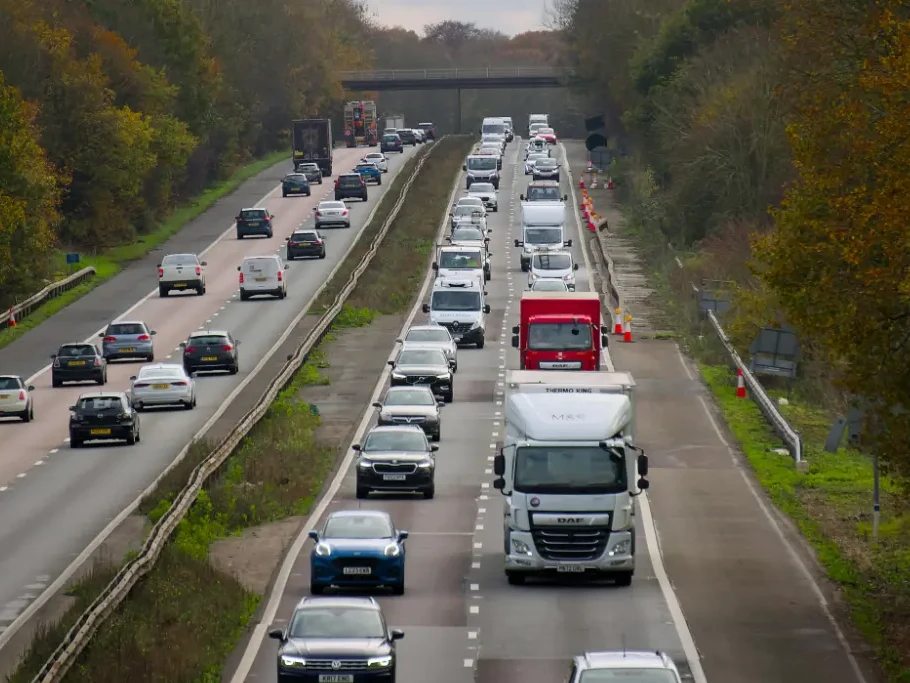Share this article
Each year, World Bicycle Day gives us the chance to celebrate the many benefits of cycling – from improved health and reduced congestion to cleaner air and more liveable cities. But it’s also a moment to reflect on how we can foster better relationships between cyclists and other road users.
In 2025, that reflection is more important than ever.
Scottish Road Safety Data reported that from 2018 – 2022, there were 2,850 casualties from accidents involving cyclists.
Despite recent updates to the Highway Code, the roads are still fraught with confusion, frustration, and sadly, too often, conflict. The key to improving safety and harmony on our roads lies in mutual respect, education, and legal reform – supported by a clear understanding of the rights and responsibilities we all share.
Understanding Each Other’s Perspective
As ultra-cyclist Mark Beaumont recently noted in a radio interview, much of the current discourse around road safety is unhelpfully divisive. Cyclists using cameras to document close passes and dangerous driving is understandable – and in many cases vital for evidence. But when these clips are posted online, they can sometimes fan the flames of animosity rather than encourage change.
He asked an important question: “Do you just post hate and take a stance, or are you actually addressing the information?” His point is a crucial one. Whether behind the wheel or the handlebars, we must prioritise constructive conversations over condemnation. Most cyclists also drive. Many drivers cycle. We all want safe roads for ourselves, our families, and our communities.
The Highway Code: More Than Just Rules
The 2022 revisions to the Highway Code introduced a hierarchy of road users, placing the greatest responsibility on those with the potential to do the most harm. This includes crucial guidance on safe overtaking distances, giving way to pedestrians at junctions, and allowing cyclists to ride in the centre of a lane when it is safer to do so.
Yet public awareness of these changes remains dangerously low. A recent report co-commissioned by the Bikeability Trust revealed that only 70% of drivers believe that ‘cyclists have equal rights on the road as drivers’. This lack of understanding creates tension and confusion on the roads – and leaves vulnerable road users at increased risk.
Why We Need Presumed Liability
Chris Boardman, Olympic champion and cycling policy advisor, is one of many advocates petitioning for the UK to introduce presumed liability in civil law – a system already in place in many European countries. Under such a system, when a crash occurs between a driver and a cyclist, the motorist is presumed to be at fault unless proven otherwise.
Presumed liability helps reflect the principle of causative potency – the legal recognition that motor vehicles have a far greater potential to cause harm than bicycles or pedestrians.
It’s important to note – this doesn’t mean motorists are always to blame, but rather that the responsibility to take extra care lies more heavily with those operating heavier and faster vehicles.
Real-life cases show how the courts already account for this. In a collision between an HGV and a cyclist, for example, the driver was found to be 70 per cent responsible despite the cyclist’s own actions contributing to the crash. The rationale? The sheer size and danger of the vehicle meant the consequences of a mistake were far more severe.
Introducing presumed liability in law would reinforce this principle, make it easier for injured cyclists to seek justice, and encourage all drivers to adopt a more cautious approach around vulnerable road users.
Cultivating Safer Roads Through Empathy and Action
So how do we create safer, more harmonious roads?
The answer lies partly in education – not just for cyclists, but for all road users. There is still widespread misunderstanding about why cyclists take the lane, filter through traffic, or choose not to use poorly designed cycle lanes. Meanwhile, myths like “cyclists don’t pay for roads” continue to sow division.
We must also be willing to look beyond individual behaviour and towards systemic change. The upcoming Government Road Safety Strategy offers a golden opportunity to invest in safer infrastructure, introduce presumed liability, and promote better driver training.
Here are a few essential reminders for road users:
- Give space: Highway Code Rule 163 recommends giving cyclists the same passing room as a car – ideally at least 1.5 metres.
- Respect positioning: Cyclists often ride away from the kerb or even in the centre of the lane for safety, not stubbornness.
- Communicate clearly: Signal your intentions, check mirrors, and be mindful of cyclists filtering through traffic or approaching from behind.
- Stay calm: Most ‘anger’ from cyclists is fear – a natural reaction when one’s physical safety is at risk.
- Avoid assumptions: Just as not all drivers speed, not all cyclists jump red lights. Let’s avoid generalisations and focus on courtesy.
How Gildeas Solicitors Can Help
At Gildeas Solicitors, we understand the vulnerability cyclists face on the roads. Our specialist personal injury team has extensive experience helping injured cyclists seek compensation and justice after road traffic accidents.
We take into account the principle of causative potency when evaluating cases and are proud to support efforts to make the roads safer for everyone. If you’ve been injured while cycling, we’re here to help you understand your rights and explore your options for a claim.
We believe in roads that work for everyone – where children can ride safely to school, commuters can cycle to work confidently, and all road users can travel harmoniously.
Contact us today for expert legal advice and support if you or a loved one has been involved in a cycling accident.
Celebrate World Bicycle Day with peace of mind, knowing that if an accident occurs, you have a dedicated team ready to support you.
Gildeas Solicitors is a recognised law firm specialising in personal injury claims, supporting you throughout Scotland from our offices in Glasgow and Edinburgh. We’re passionate about what we do, whilst putting our clients’ interests first. That’s why we make personal injury personal.
Considering our services? Call our dedicated team today on 0141 331 6070. </span</p






